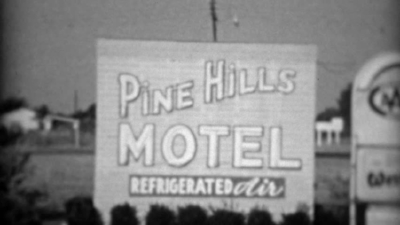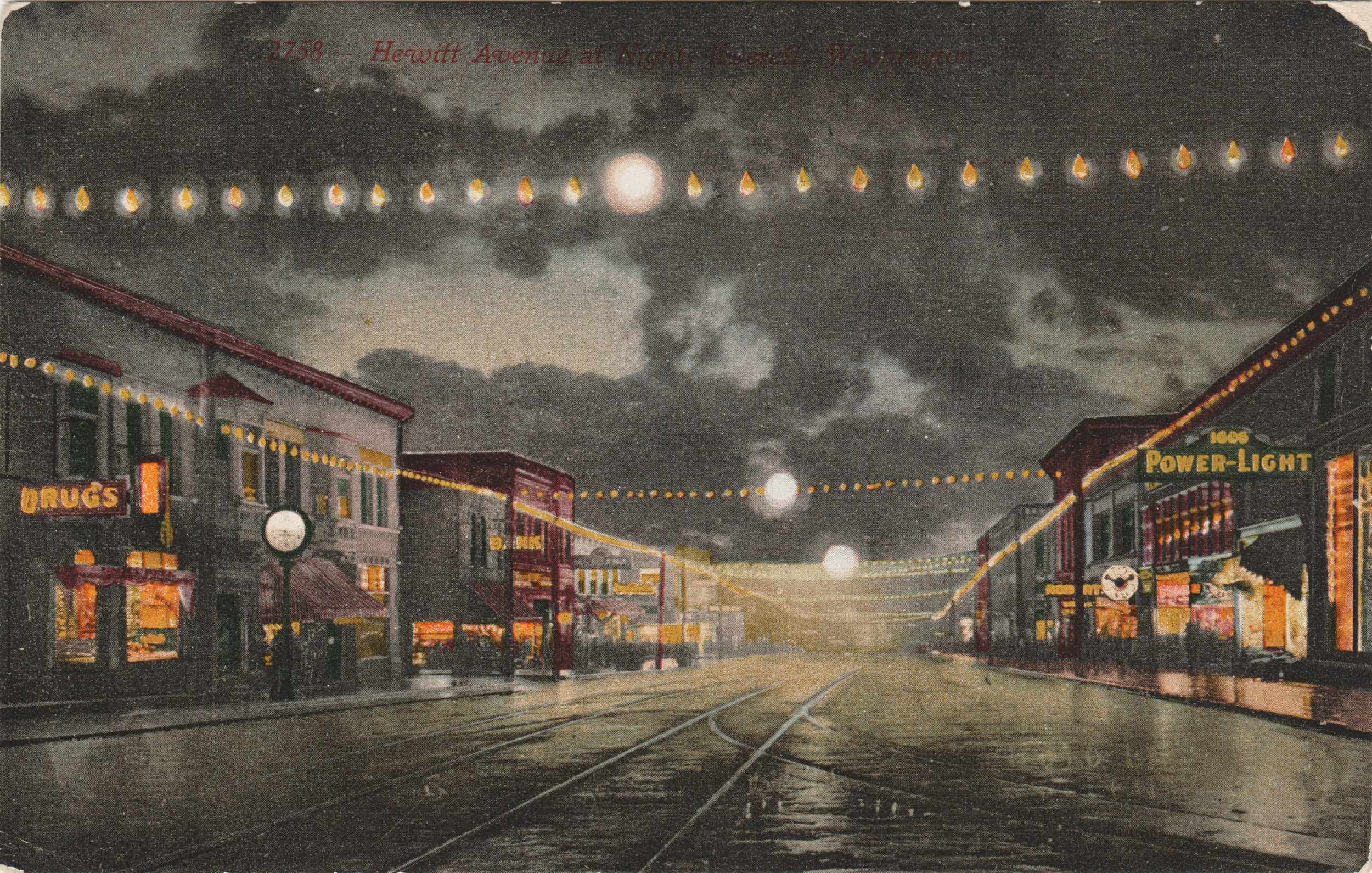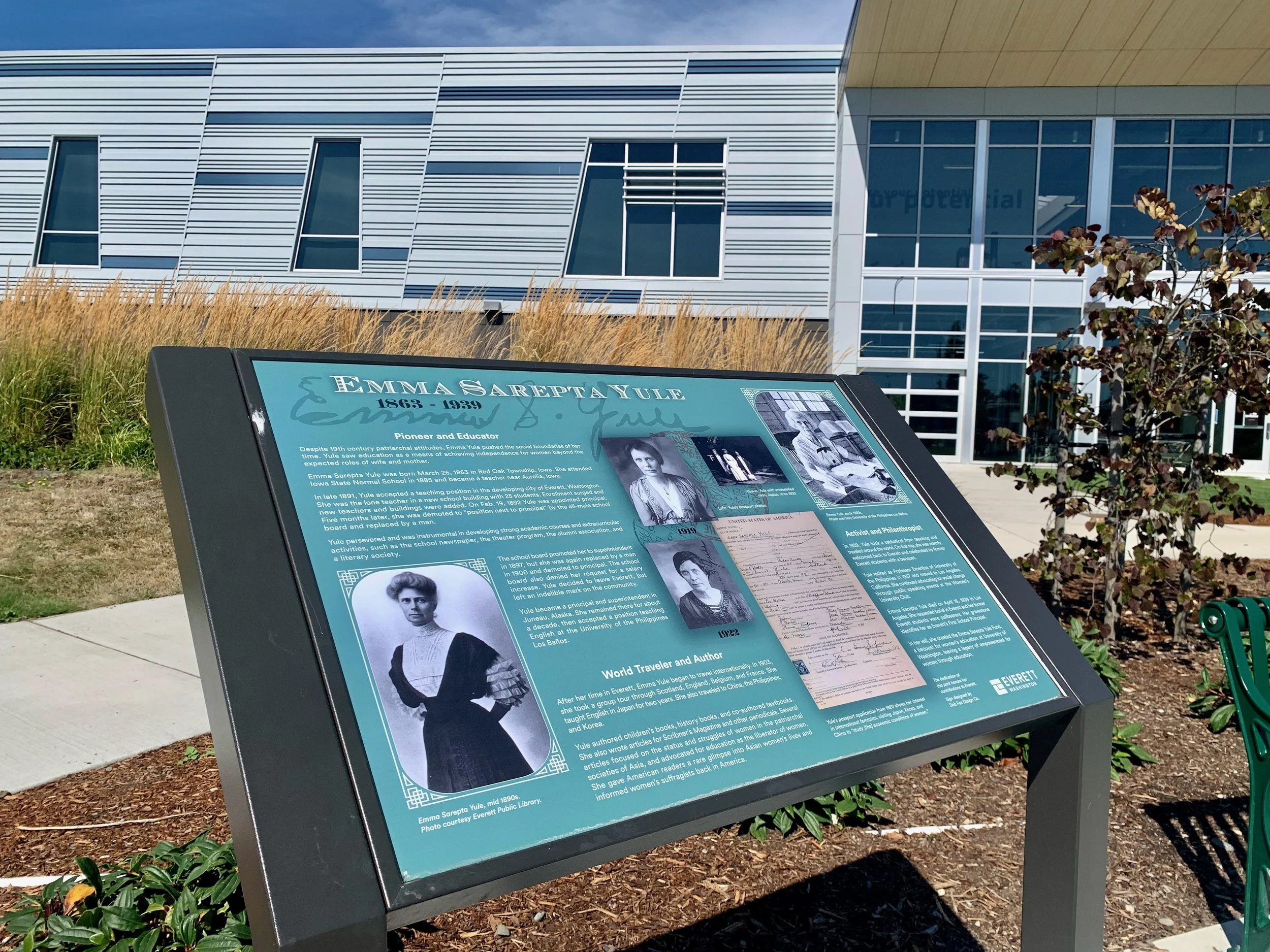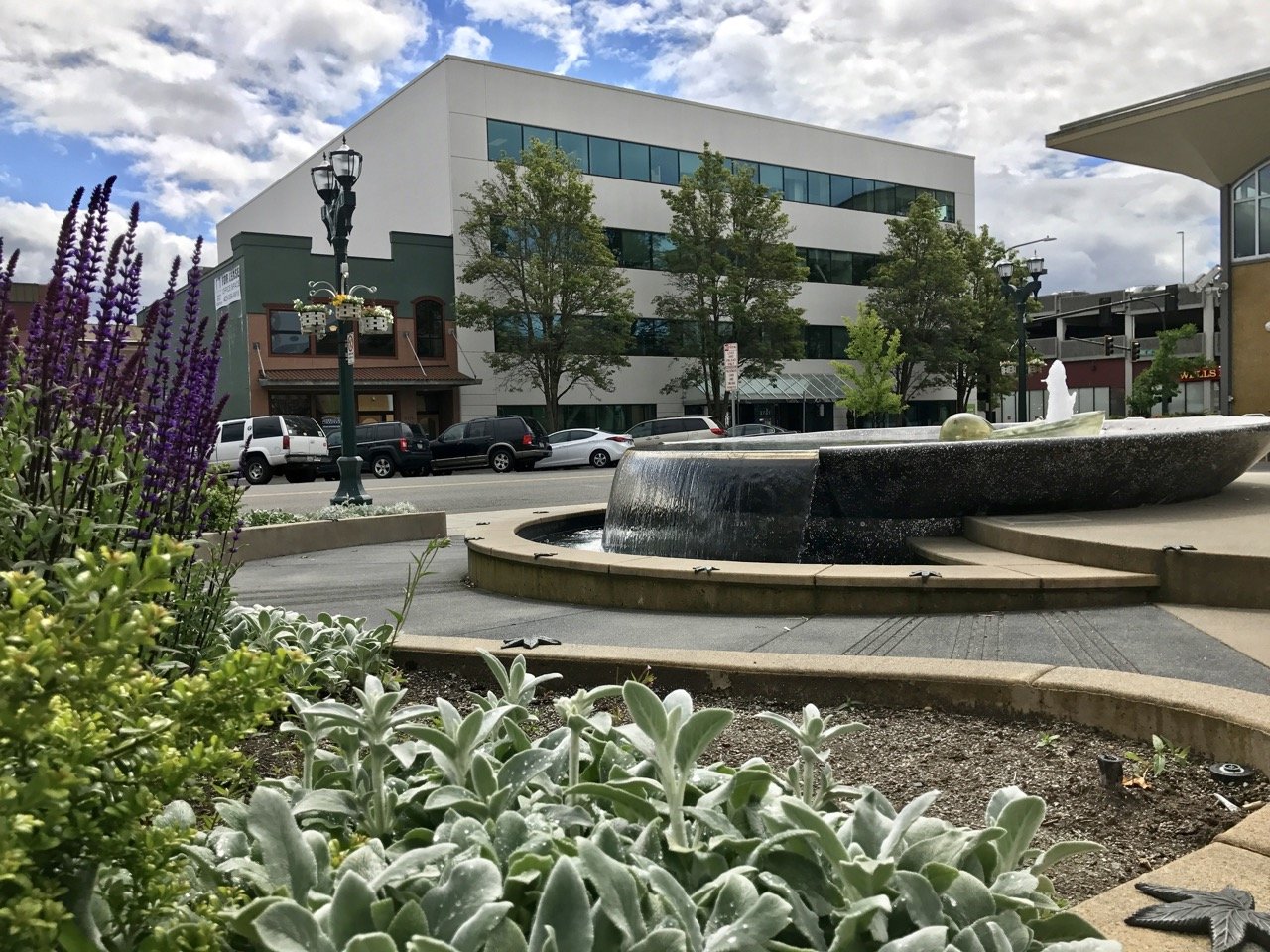Editor’s note: Originally published September 9, 2017. Republished March 4, 2021.
The following is a true story. Source material for this historic episode was mostly found in the digital collection of the Northwest History Room at the Everett Public Library. It’s a beautiful database, a completely free resource. Check it out sometime.
March 1940.
Two bodies are found next to Roaring Creek outside of Arlington, Washington.
A young logger stumbles across the dead men as he’s carving his way through the underbrush.
The phone rings at the Snohomish County Sheriff’s office in Everett.
Detective Fred French is dispatched to take a report. His car is a 1935 Graham roadster. It was confiscated from a mobster in a gambling bust on south Highway 99.
The Graham has bulletproof glass. There are holsters in the interior designed to hold machine guns.
Fred French drives north to Arlington, takes a report.
He identifies the dead men as Ralph Allinson and Cyril Ables, two Californians. They were migrant workers.
French conducts interviews, gumshoes around.
A suspect emerges: a strawberry picker named Ed Bouchard.
The Snohomish County Sheriff's Department 1940. Detective Fred French is in the back row, far right.
French returns to downtown Everett, puts out the word the old-fashioned way: telegraphing descriptions of Bouchard to precincts up and down the West Coast.
A week later, Portland detectives corner the suspect in a motel near the Willamette River. He’s handcuffed and trucked back to Everett where he is to stand trial for two counts of murder.
The young prosecutor assigned to the trial is a UW grad, fresh out of law school.
His name is Henry M. “Scoop” Jackson.
Scoop's the sworn enemy of the gangsters who have turned the south end of his hometown into a seedy stretch of vice.
Bouchard's is a much publicized trial. Much of the coverage surrounds the charismatic prosecutor. People can't get enough of Scoop Jackson. He sells papers like hotcakes.
The trial ends quickly.
In early July 46-year-old Edward Bouchard is found guilty and sentenced to death.
On September 6, 1940 he is hanged at the Walla Walla State Penitentiary.
Press coverage of the trial helps launch young Scoop Jackson into a long career in regional and national politics.
He becomes a senator, chairs the Committee of Indian Affairs, pens the National Environmental Policy Act.
He almost becomes vice president, then runs for president himself in ’72 and ’76.
That’s Scoop’s house—the big white Colonial Revival mansion on the bluff, across the street from Grand Avenue Park (his likeness in bronze at the entrance to Grand Ave. Park).
Then there's the Henry M. Jackson Wilderness east of Everett, north of Skykomish. There's a school named after him. A park. An airport.
And Detective Fred French?
He quits the police scene. He works at a flower store. Becomes a member of the Everett Gardening Club.
Shortly before French dies he is visited by a historian from Everett, David Dilgard.
Dilgard records an interview with French about Fred's early days in the Sheriff’s Department.
Curiously, Fred French doesn’t mention the murders of Allinson and Ables. Instead, he dictates an eight-page single-spaced story about a disputed calf that is allegedly stolen from the Pinehurst neighborhood.
French dies in January of 1985. Per his request there are no funeral services held in his honor.
Henry M. "Scoop" Jackson (far right with ribbon) riding with JFK and co.
Fate is funny.
French and Jackson were drawn into a case of double murder. French did the legwork; an interstate manhunt leading to an arrest. Jackson stood in a courtroom for a few days, posed for the papers, landed a conviction.
Later French became middle management, contented himself in a garden. Lead a mostly anonymous life.
Jackson becomes a major national political figure, a celebrated hero in the public eye.
That’s how things can play out in a mill town on the ragged edge of the frontier.
Special thanks to Betty Lou Gaeng, whose written account of her father’s work in the 1940s Snohomish County Sheriff’s office was a source of inspiration and information.
Richard Porter is a writer for Live in Everett. He lives here and drinks coffee.






































